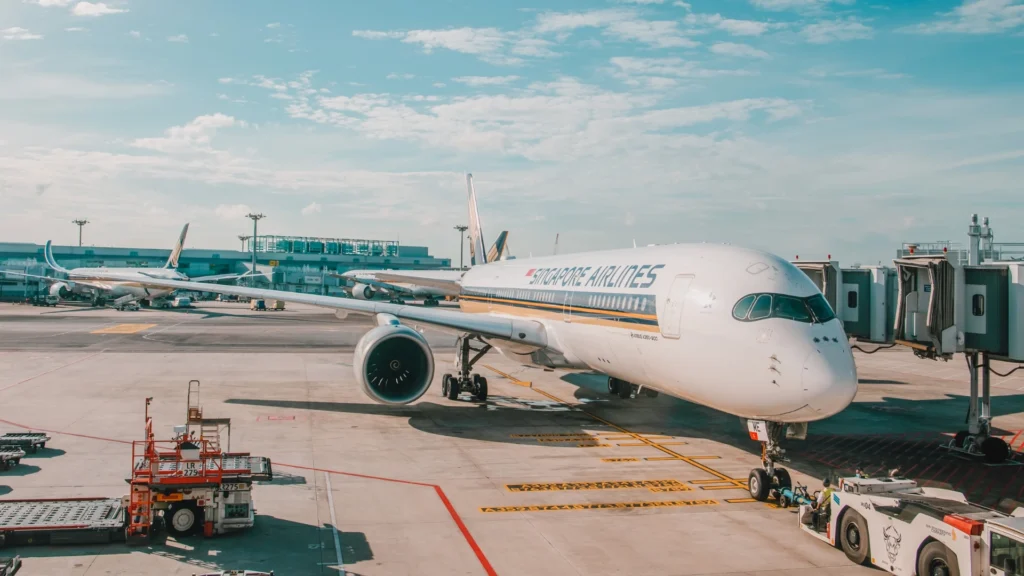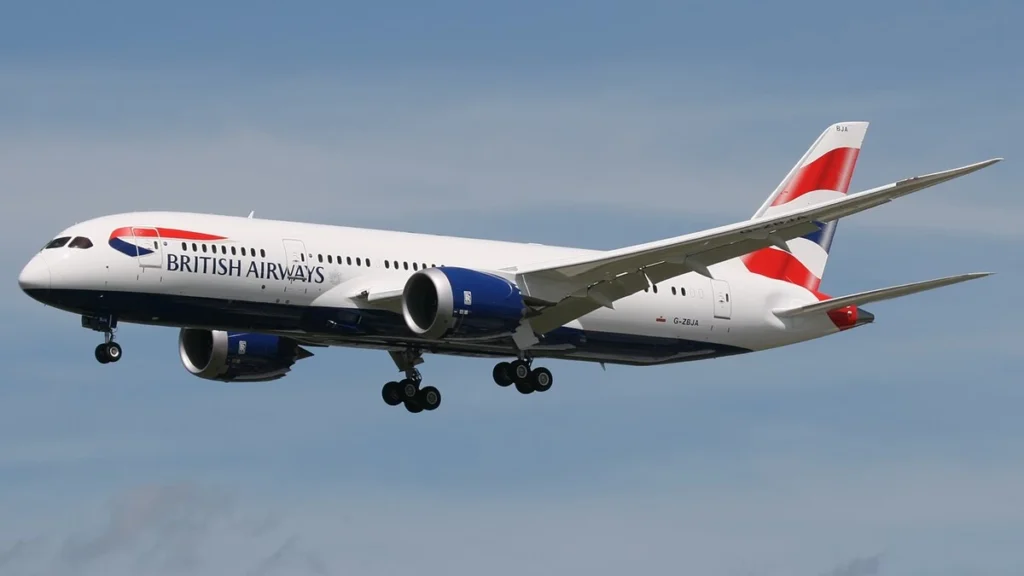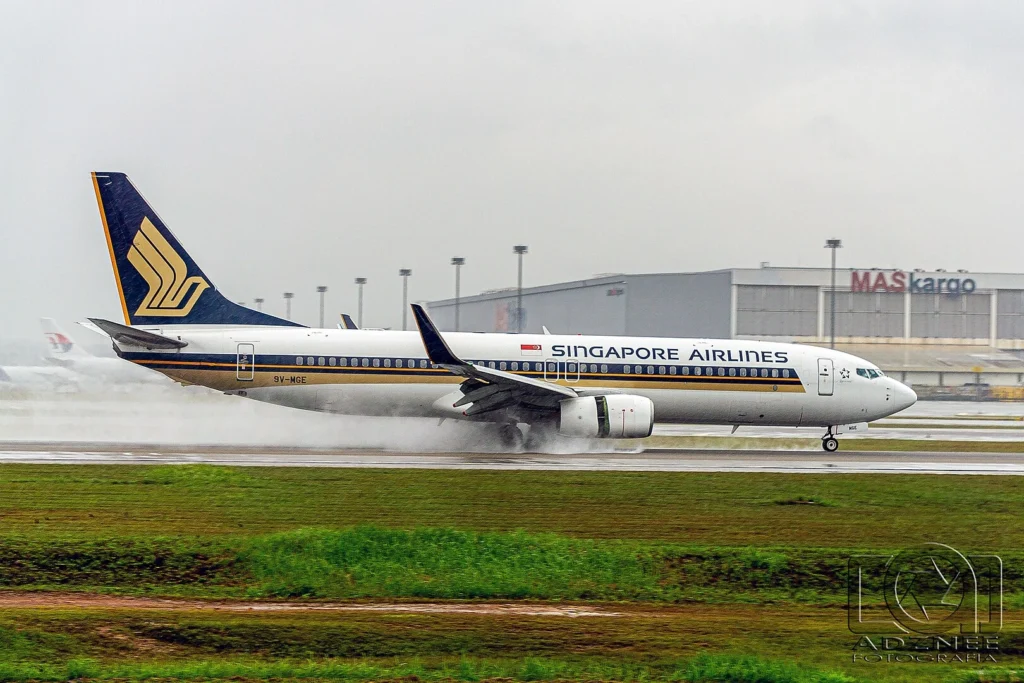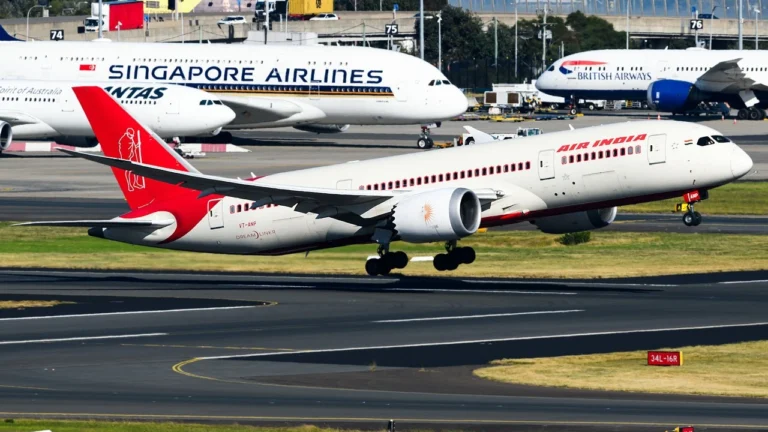LONDON- British Airways (BA) and Singapore Airlines (SQ) have suspended multiple flights to the Gulf following US airstrikes on Iranian nuclear sites. The cancellations affect routes to key hubs like Dubai (DXB), Doha (DOH), and Bahrain (BAH), with airlines citing safety concerns and evolving airspace restrictions.
Flights were either cancelled or rerouted, including aircraft returning mid-journey or diverted to alternate airports. The situation has triggered fresh aviation disruptions across the Middle East, a region previously seen as relatively stable for international air travel.

British Airways, Singapore Airlines Suspends Gulf Flights
British Airways (BA) suspended several scheduled flights to Dubai (DXB) over the weekend and diverted at least two jets mid-route.
One flight that departed from London Heathrow (LHR) on Saturday night was diverted to Zurich (ZRH) after reaching Saudi Arabian airspace. Another aircraft bound for Dubai turned back to Heathrow after reaching Egyptian airspace.
BA also halted its services to Doha (DOH) and Bahrain (BAH), citing ongoing “operational constraints and airspace restrictions.” The airline stated it had adjusted its flight schedules to prioritize passenger and crew safety, following the US-led airstrikes in Iran.
Singapore Airlines (SQ), based in Singapore (SIN), announced it had cancelled two flights between Singapore and Dubai. In a public advisory, the airline warned that other routes could face changes depending on further developments, noting that “the situation remains fluid.”

Impact of US Strikes
The aviation response comes after the United States, under President Donald Trump’s directive, bombarded three key Iranian nuclear facilities.
Tehran responded with threats of retaliation, including the potential closure of the Strait of Hormuz, a strategic maritime route vital for global oil shipments.
This military escalation has led to airspace instability over the Persian Gulf. American and European airlines have also paused services to the United Arab Emirates (UAE) and Qatar, reflecting growing security concerns.
Qatar houses Al Udeid Air Base, the largest US military installation in the region, while Bahrain hosts the US Navy’s Fifth Fleet.
On Sunday, Bahrain responded by shifting 70% of its government workforce to remote work due to the unfolding crisis.

Broader Implications
With Iran threatening to target US military assets in the region, aviation authorities and carriers are exercising heightened caution. Flights over the Gulf region now face diversions, delays, or outright suspensions depending on proximity to volatile airspace.
As a result, passengers traveling to and from the Middle East should anticipate extended travel times and check for last-minute itinerary changes.
Industry analysts warn that prolonged instability could impact not only passenger flights but also cargo and fuel supply chains, given the region’s strategic importance to global logistics.
Stay tuned with us. Further, follow us on social media for the latest updates.
Join us on Telegram Group for the Latest Aviation Updates. Subsequently, follow us on Google News

